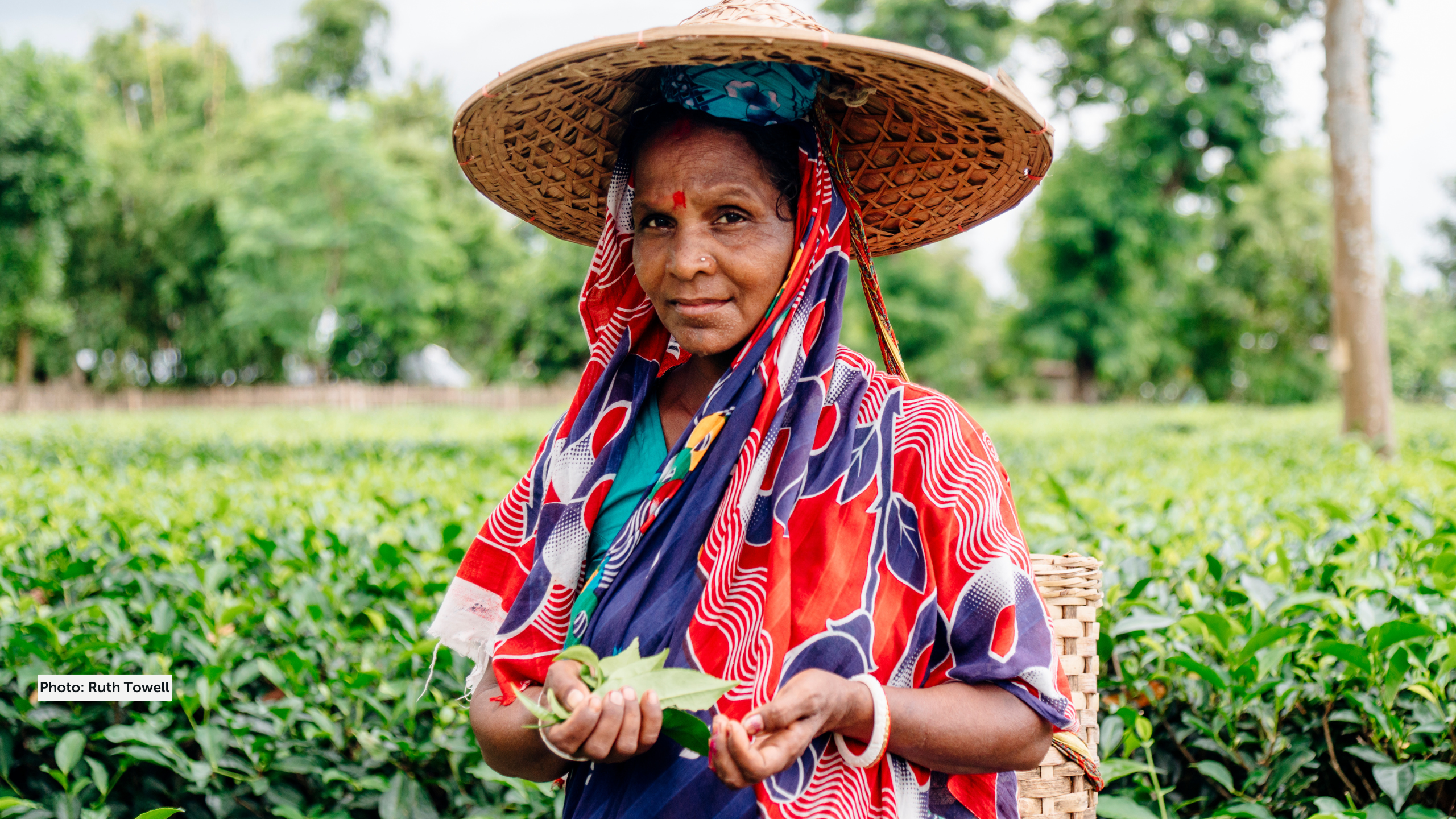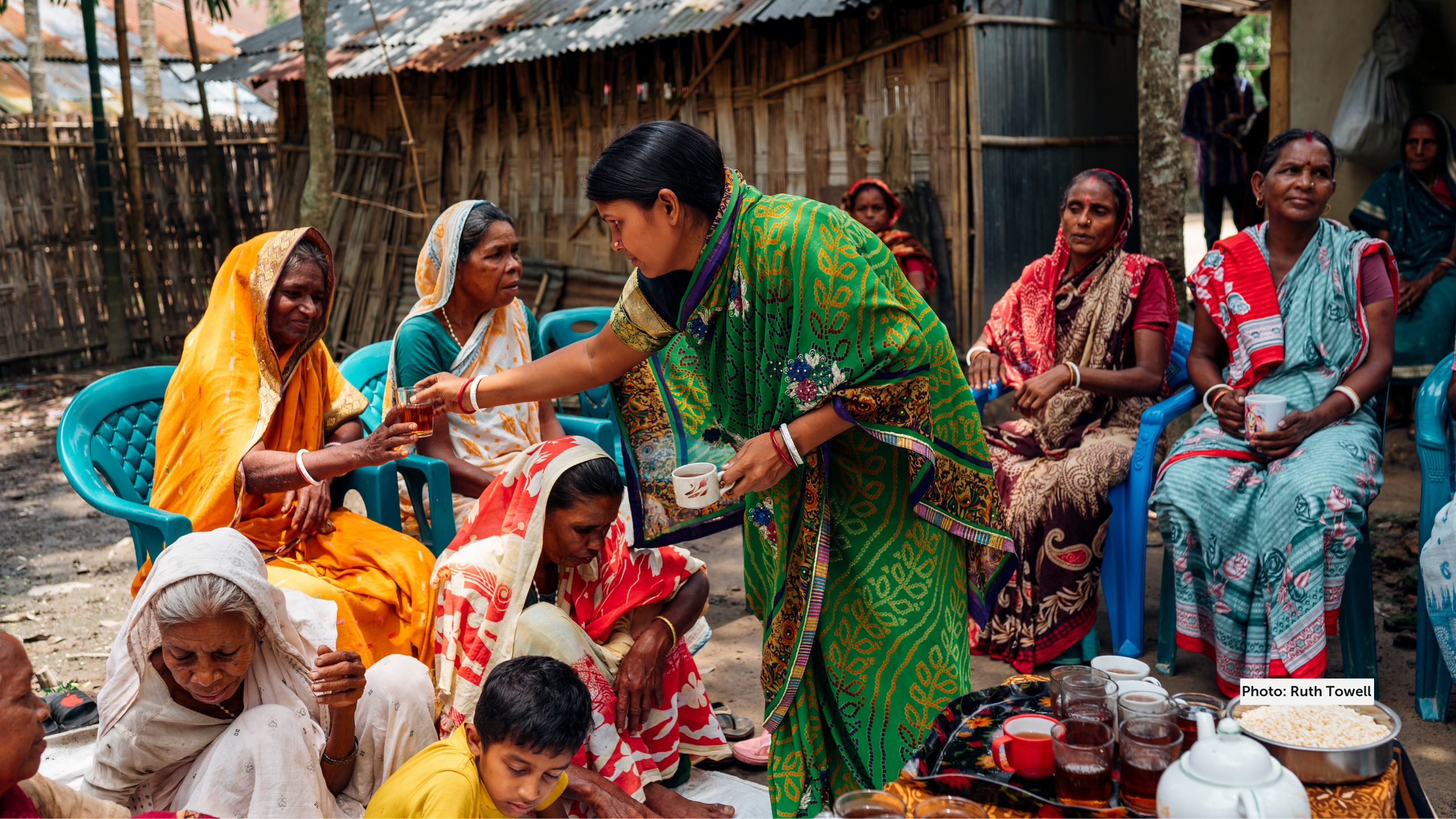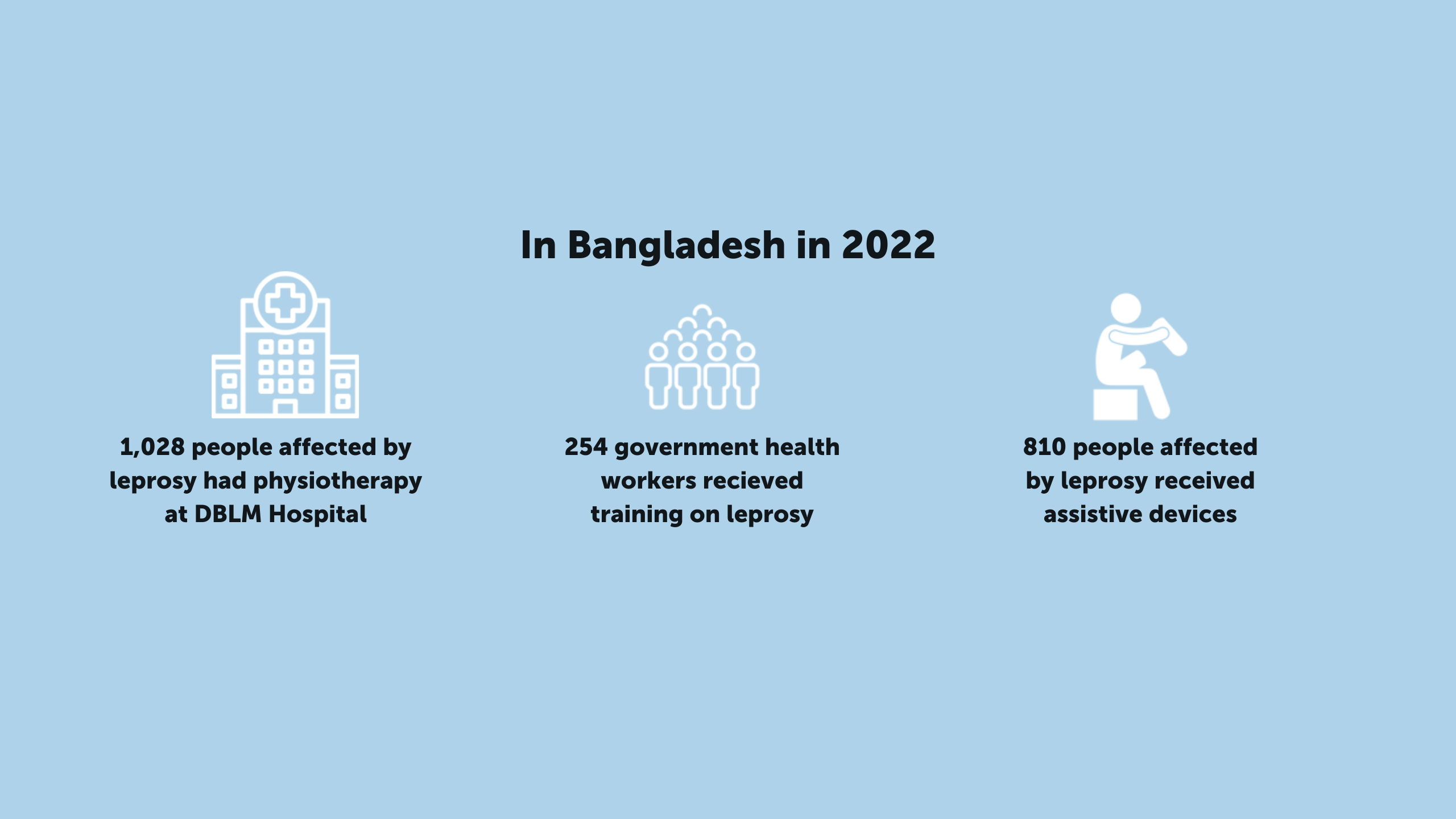A lifeline in an
hour of need
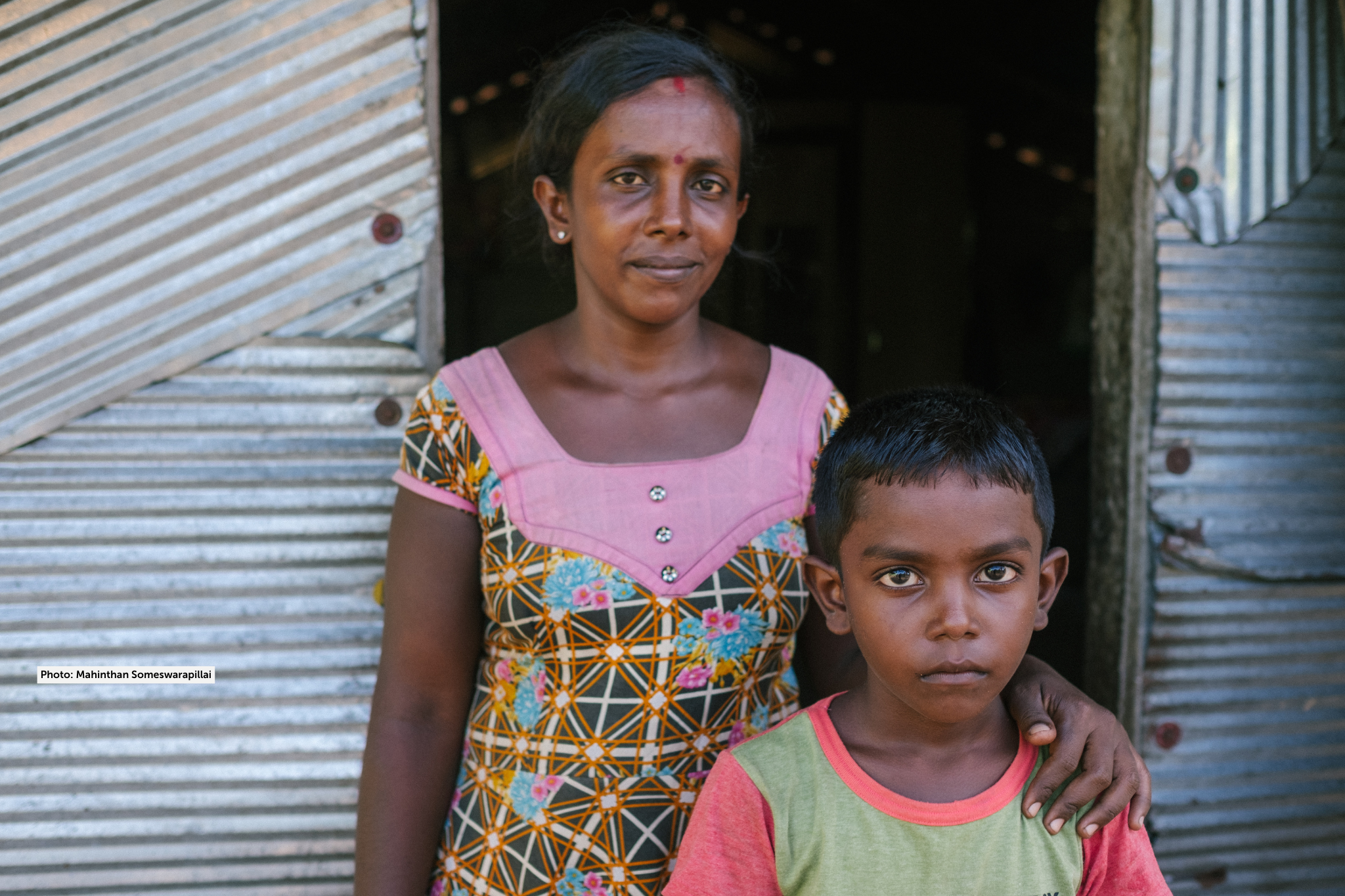
Sri Lanka
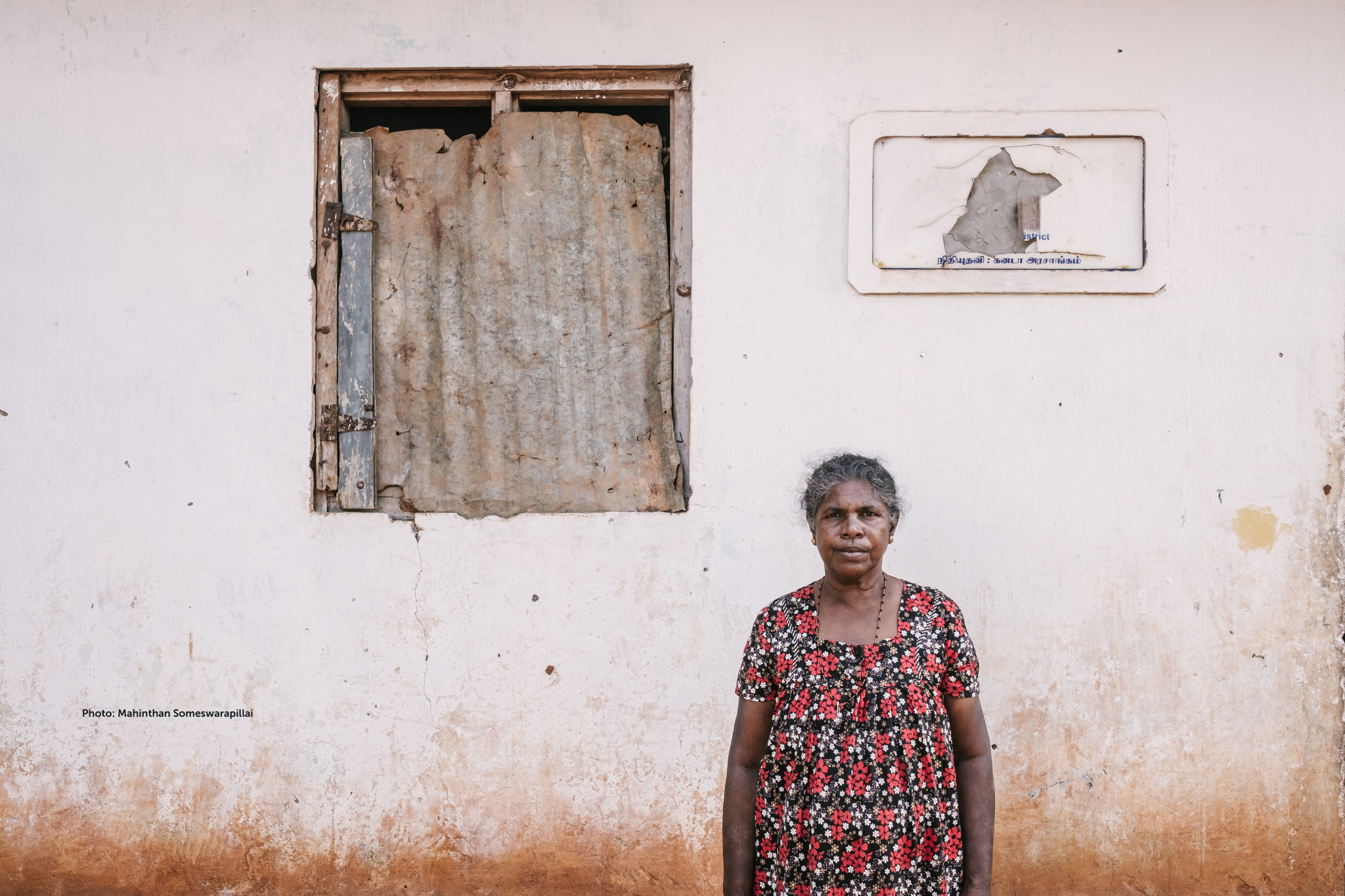
Before the global pandemic in 2020, there was a wave of optimism sweeping Sri Lanka. Its people had worked hard to rebuild their lives following a torrid three-decade civil war. Then the pandemic struck, decimating tourism on this beautiful island. Lockdowns saw many thousands fall into poverty.
Sri Lanka was already reeling from Covid when the government defaulted on its sovereign debt. The World Food Programme announced that six million Sri Lankans did not know where their next meal would come from. People became desperate amidst food, fuel, and medicine shortages. It will not surprise you to hear that communities affected by leprosy were hit first and hardest.
But it is thanks to you that urgent food packages reached 500 of the families in greatest need. Your generosity spared many from severe hunger and saved hundreds of lives.
Above: Vellaiyamma, from Sri Lanka, cannot work because of leprosy. This poverty makes people like Vellaiyamma particularly vulnerable to crises.
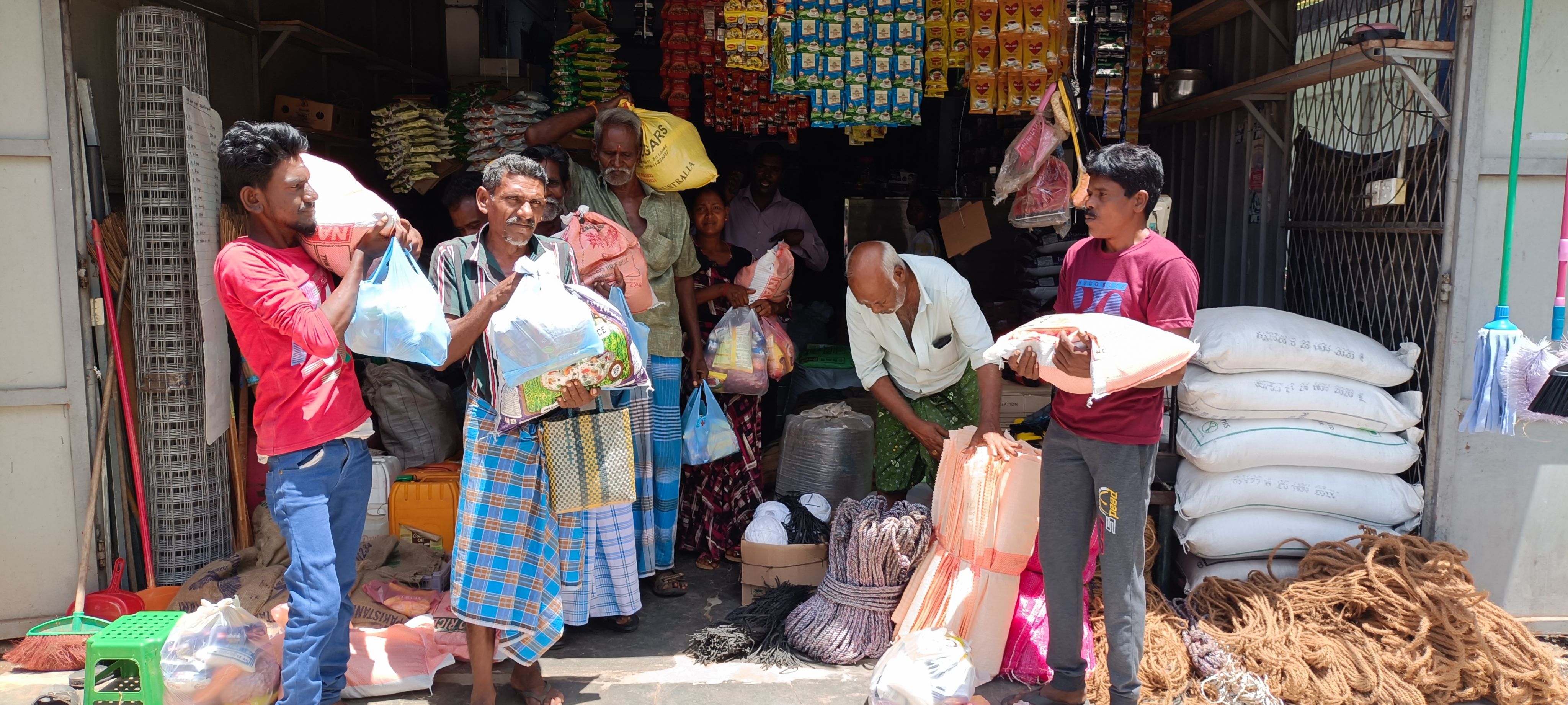
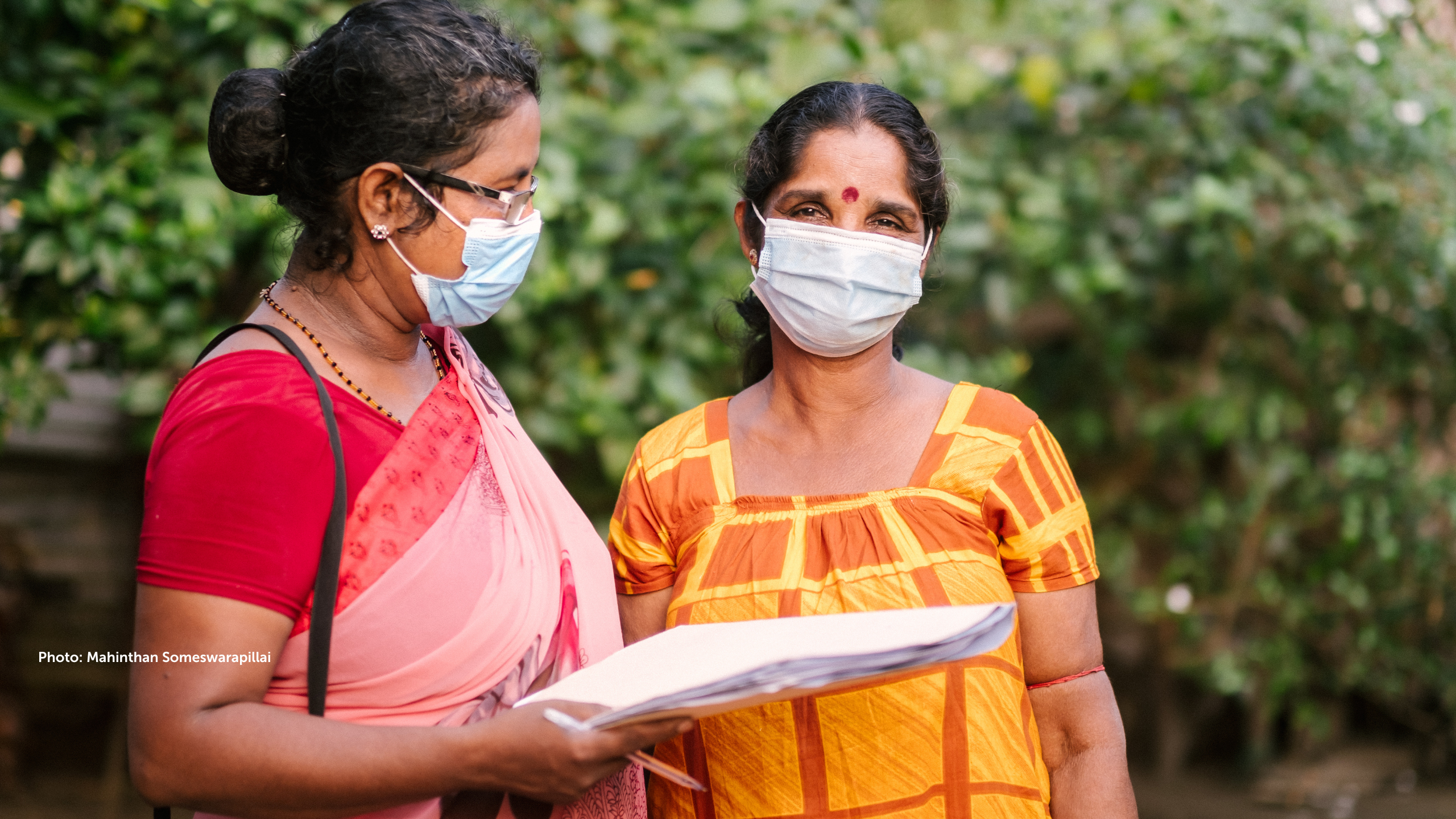


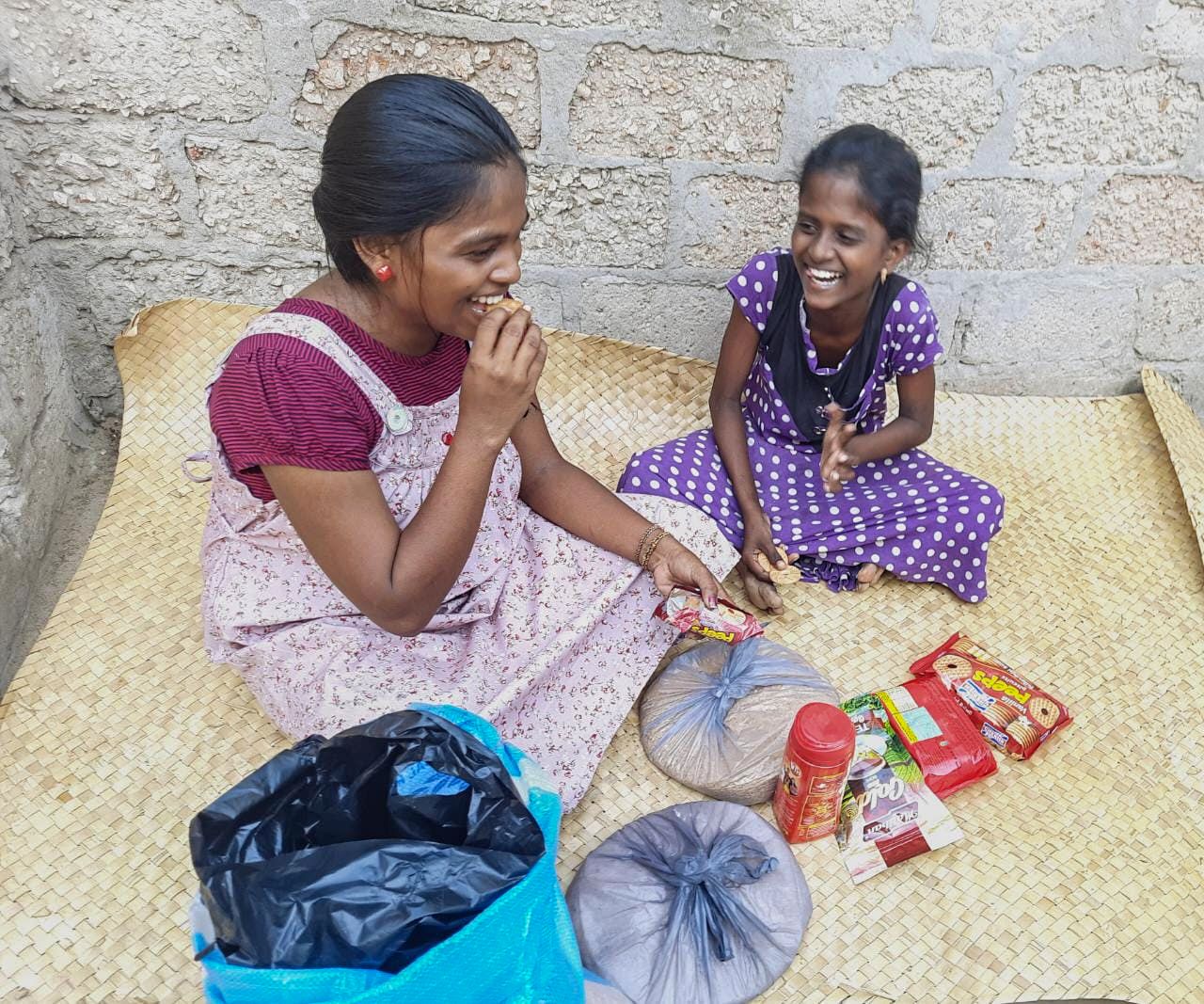
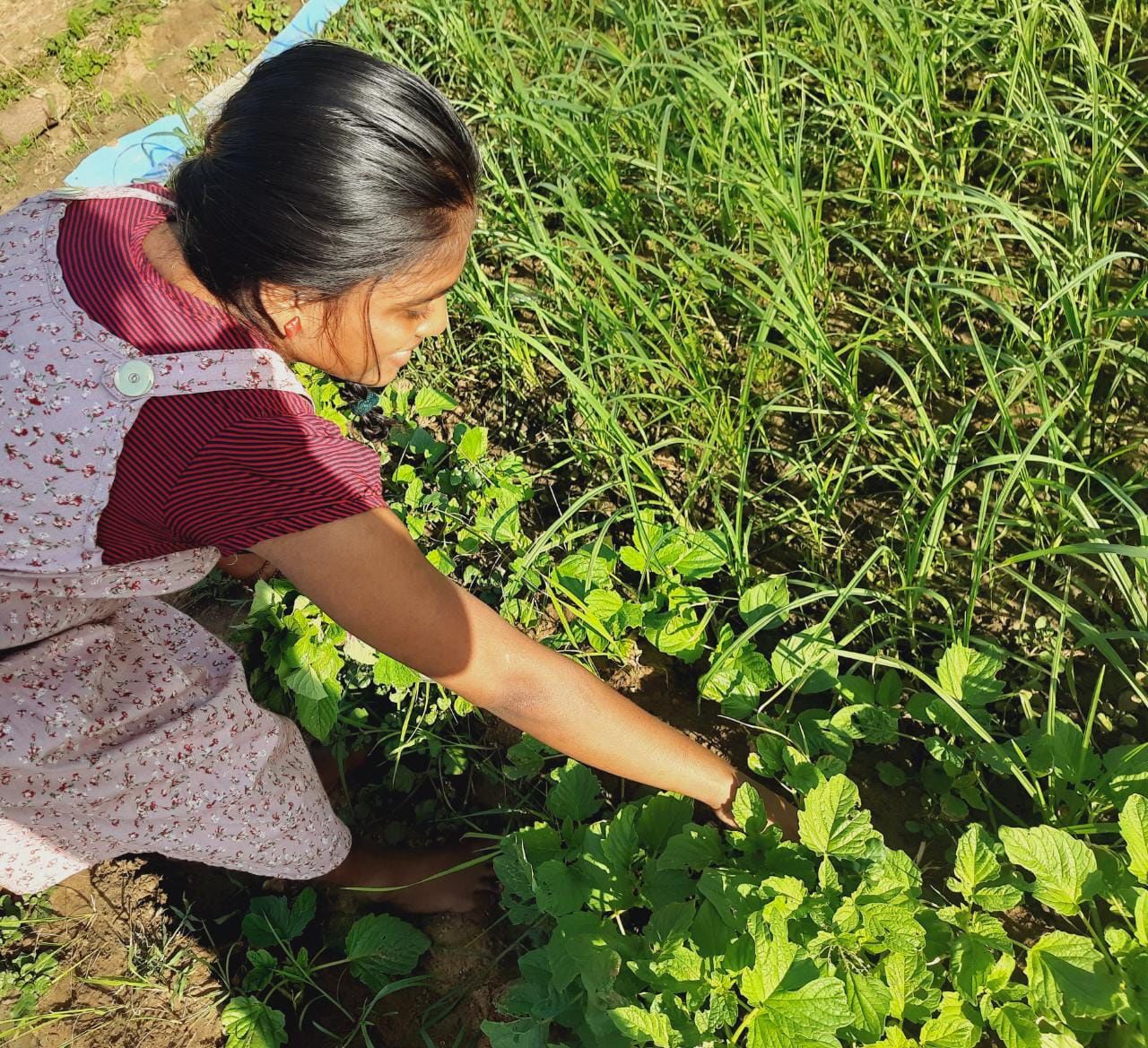
Kavitha's story
Kavitha, who lives with her husband and three children in Jaffna, is just one of the families you helped. Although Kavitha has been cured of leprosy, the disease left her with some nerve damage. This means she has had to protect and care for her numb hands and feet when working in the fields. Both Kavitha and her husband worked in a paddy field.
But in 2022 their work stopped because of a national fertiliser shortage. Overnight they both lost their jobs and were plunged deeper into poverty.
In their darkest hour, you gave Kavitha’s family an emergency food package containing rice, sugar, lentils, milk powder, biscuits, and tea. Kavitha was also given a selection of seeds so that the family can grow their own food and maybe even sell some to make an income. Kavitha's family is one of 500 being helped to not only survive the crisis, but to come out stronger.
Kavitha told us that her children had frequently missed school during the crisis. Food shortages had left them too hungry and weak to walk there.
She said:
"My whole family has been suffering from hunger. Many times we went to our paddy field owner to ask for a loan to get food. But he refused because he was also facing challenges. We have half an acre of land and have now started cultivating some of our own food.
"Our food package will keep us alive and our first crops should produce a harvest in about two or three months. We are growing onions, pumpkins and other vegetables. The green leaves harvesting will begin in 30 days.
Thank you very much to everyone for giving us this life-saving help."
Left: Mother-of-three Kavitha in Sri Lanka is able to grow food for her family thanks to your support.
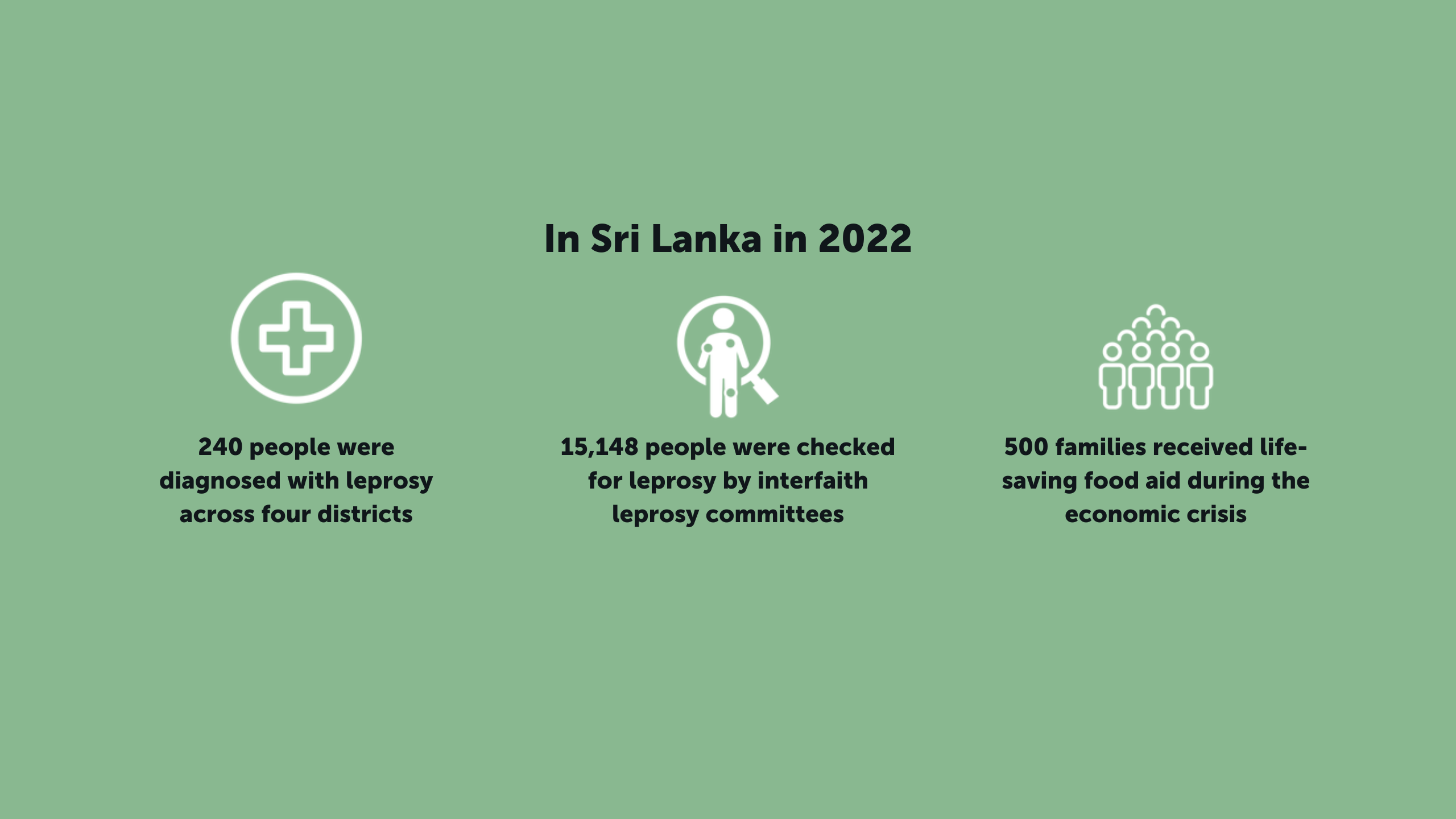

Bangladesh
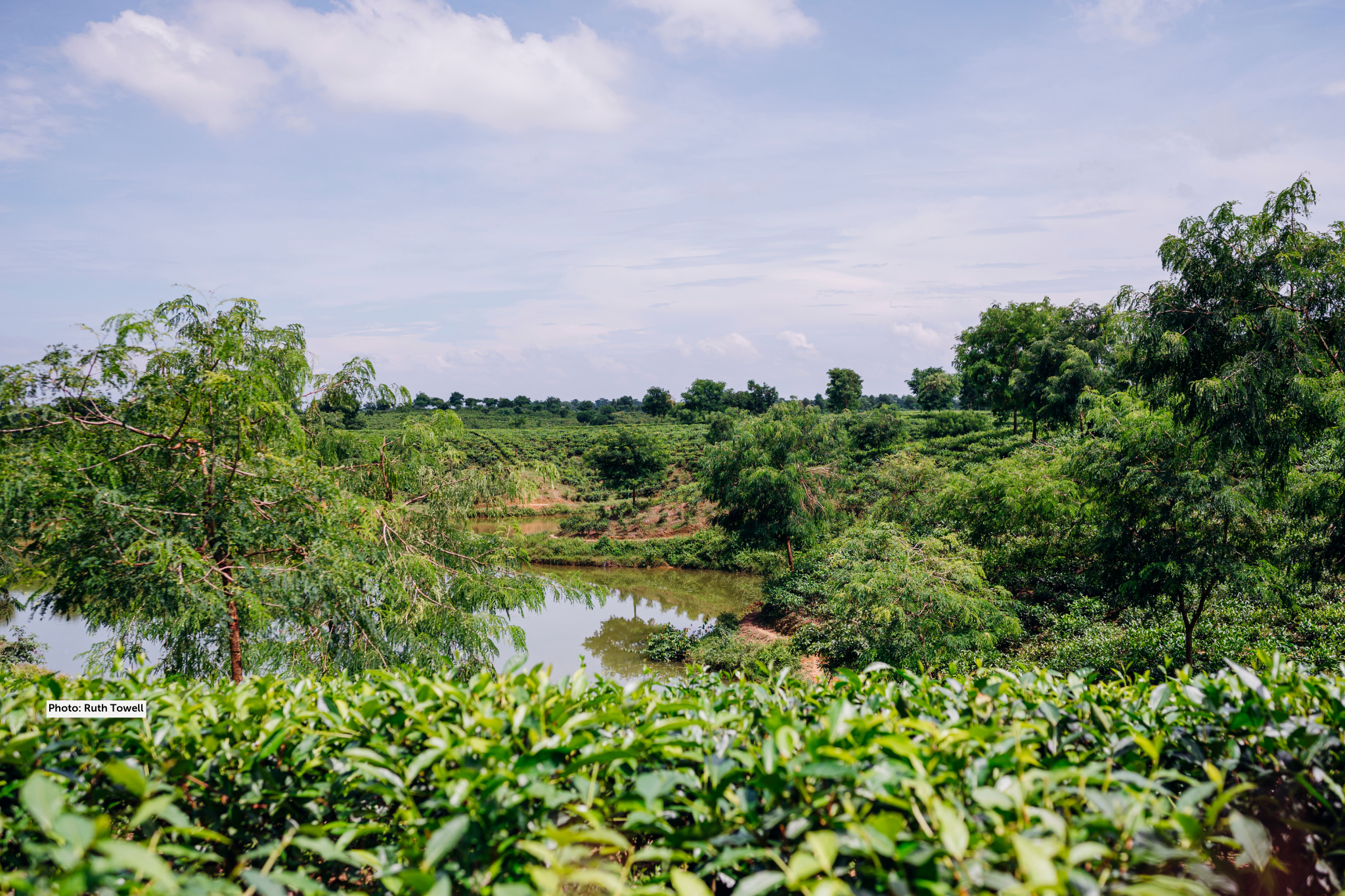
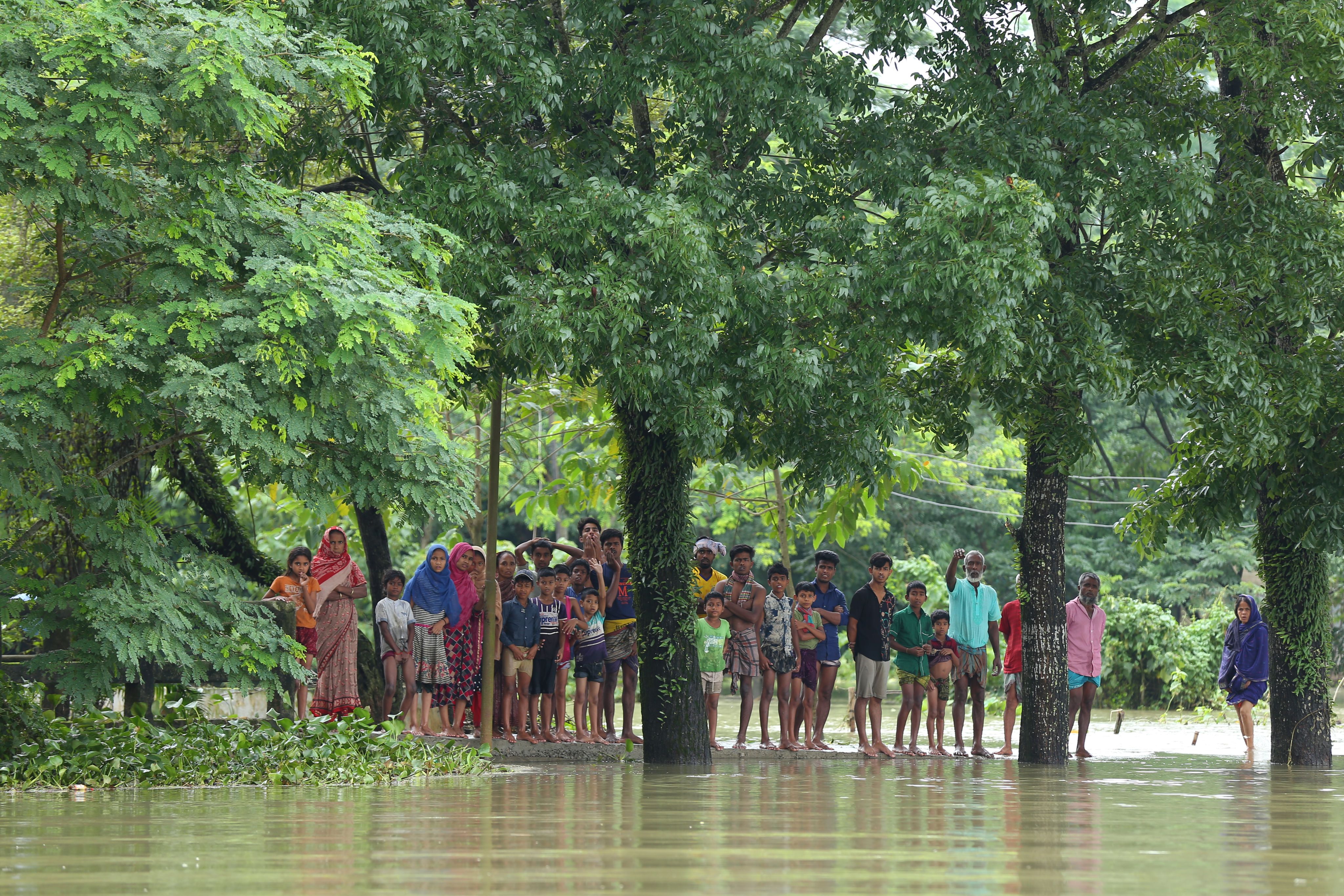
It is a cruel truth that the world’s poorest people are the most affected by climate disasters, yet they have contributed the least to climate change. Bangladesh is one of the world's most densely populated nations. It is also one of the poorest, making it vulnerable to the effects of climate change.
The people of Bangladesh are increasingly battling extreme weather events. In recent years they have endured flash flooding and devastating cyclones. Storm surges and rising sea levels have displaced communities by threatening their very survival.
Not only do these events take people's lives but they also destroy their livelihoods. When saltwater gets into fresh water inland lakes, fish die and drinking water becomes unusable.
The worst flooding in a century hit northeastern Bangladesh in June. Flash floods left the Sylhet region largely submerged. This disaster killed more than 100 people and devastated millions more lives.
It is thanks to you that 265 people affected by leprosy in Sylhet received emergency aid.
The Leprosy Mission has supported these people for many years through self-help groups. In the aftermath of the disaster, you gave them what they so desperately needed for survival: food supplies and safe drinking water.
Your gifts also enabled the self-help group members to take out interest-free loans. Many had lost crops and animals in the flooding which they were then able to replace. This gradually restored their income so that they could once again buy food. Many members also took out loans to repair their homes.
Thank you so much for providing the solution to a desperate situation.
Above: The beautiful tea gardens of Bangladesh. Here, are teams our finding more cases of leprosy than anywhere else they work.
Left: The worst flooding in a century hit northeastern Bangladesh in June, as the country faces the impacts of climate change year after year.
Below left: Aloka, a tea picker in Sylhet, got the cure for leprosy but was diagnosed too late to stop her hand from clawing.
Below right: A self-help group in the tea gardens, where people can learn self care, advocate for their rights, and boost their livelhoods.
